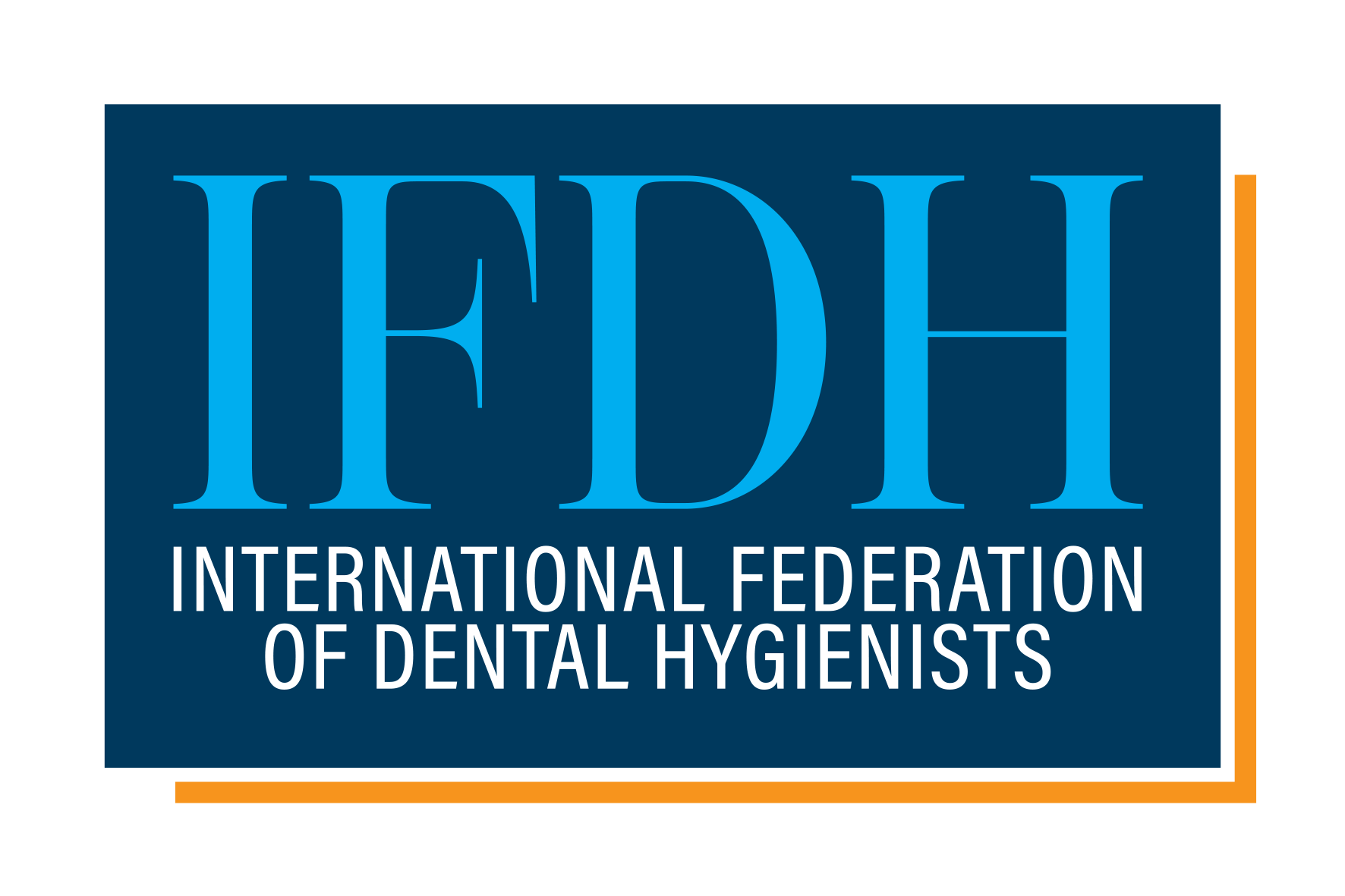IFDH Research Grant Program 2019
The purpose of this program is to promote experience in the research process and dissemination of findings contributing to the dental hygiene body of knowledge.
This grant program will provide small grants for students enrolled in dental hygiene graduate programs conducting thesis research. Students will submit a mini-proposal for consideration. Small grants will be provided (maximum up to $2000) and projects may not be fully funded. Applications are accepted on a rolling basis until all funds are granted.

2019 Awardees:

David Collins
Ohio State University USA
Association between empathy and academic performance among undergraduate dental hygiene students.
Empathetic engagement is thought by many researchers to be a vital ingredient in forming respect-based relationships between patient and clinician, leading to more optimal patient care. Gauging the correlation between undergraduate dental hygiene students’ academic performance and their levels of empathy will provide ground for future studies. The purpose of this study is to determine whether empathy is related to academic performance and whether empathy levels change during dental hygiene education. Research involving empathy may raise a future generation of students who exercise humanism and believe that the relationship between patient and provider is a synergistic alliance based on respect.

Larissa Bubnowicz
The University of Manitoba Canada
Evaluation of silver diamine fluoride in arresting carious lesions in irradiated tooth structures.
The ability of SDF to effectively arrest the disease process, and simultaneously prevent the formation of new caries, makes it different from other caries-preventive agents and traditional restorative methods. This is attributed to the synergistic effect of the silver as a bactericidal, and fluoride ions that promote remineralization.Since SDF has been used for effective management with other populations at risk of high caries prevalence, the idea is that it could be of therapeutic benefit to oncologic patients undergoing head and neck radiotherapy. The purpose of this study is to investigate SDF as a therapy for clinical management of radiation-related caries.

Kristen Stephens
Concordia University USA
An evaluation of incidence and perceptions of incivility among dental hygiene students and faculty/administrators.
The purpose of this cross sectional, phenomenological study was to examine the incidence and perceptions of incivility among dental hygiene students compared to dental hygiene faculty and administrators in California. A previously designed and validated survey was modified to obtain both quantitative and qualitative data.This study confirmed the existence of incivility in dental hygiene education. The effects of incivility can compromise the physical and emotional safety off all parties involved and innocent bystanders. It is clear that faculty and students feel there is a lack of consequences for uncivil behavior and feel ill-equipped to manage these situations when they arise.
Previous Winners
Menu





